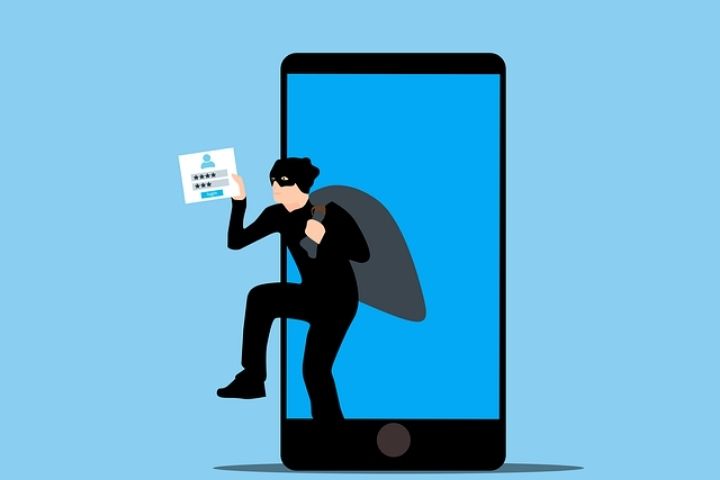Mobile Has Been Hacked : We save our photos, work emails, whatsapps, contacts and thousands of more sensitive data on our smartphones that we do not want anyone to steal from us. Therefore, it is always good to be at the parrot and know some keys to know if your mobile is hacked.
Table of Contents
5 Questions To Know If Your Mobile Has Been Hacked
Okay, it’s not as easy as in the movies, but yes, your smartphone can also be hacked. Hackers can infect our cell phones and control them, spy on our sessions, steal passwords from our accounts… and it is especially dangerous if we have apps like the bank’s on our mobile.
As surely you do not want to take these risks, there are some details that you can look at to know if you are one of the “lucky ones”.
-
Does your phone have strange behaviors?
If you have noticed that your mobile turns off or restarts alone and without warning, it could give rise to suspicion, but it is especially suspicious if there are applications that open by magic, if our device gets too hot or takes too long to respond when launching the applications.
Of course, if you have the smartphone to burst, something similar could happen to you. Check that it’s not a space issue, and you can also clear your phone’s cache to see if performance improves.
-
Does the battery drain right away?
Another of the most common symptoms is if your mobile has suffered a considerable drop in its autonomy. Check first that it is not an excess of use, of course… from brightness to full or that you have everything activated.
An easy way to know if this problem may come from having suffered a “hack”, is by going to the list of applications that consume battery. If any consumes a lot of energy, even without using it, keep an eye on it and judge for yourself if it is reliable.
-
Something weird in your call and SMS history?
Another way to see if your mobile is having suspicious movements, is to look at the call and SMS history. Check that the ones that appear in the list have been made by you and there is no rare number.
Keep in mind that there are some malware capable of manipulating it and adding or deleting records, so we recommend that you consult directly with your company.
Trigger your alerts if you suddenly receive messages with requests for new or reset passwords, either by SMS or email.
-
All right with your apps and the permissions they have?
Always try to have only reliable applications, downloaded from the official marketplaces (such as Google Play for Android or Apple’s App Store).
Check the permissions you’ve given to apps on your smartphone, whether Android or iOS. If a messaging app, for example, wants to access the microphone or internal storage is normal, but it depends on the app… If you see something suspicious, it is advisable to delete it or remove that permission.
And while you’re there, check the apps you have installed. Check that they are all reliable, and do not come from unknown sites or creators, as they can make your smartphone vulnerable.
-
Are they spying on your calls?
You can check if your phone is “tapped.” How? Go to your mobile dialer to check that you don’t have call forwarding turned on. You can do this by typing the code *#21# (and clicking call). It will run and the phone will tell you if you have it active or not.
And as it is better to prevent than to cure, a friendly reminder of always walking with a thousand eyes on the web, not entering data and passwords in unknown sites, or downloading applications that are not trusted. So you can avoid scares.
